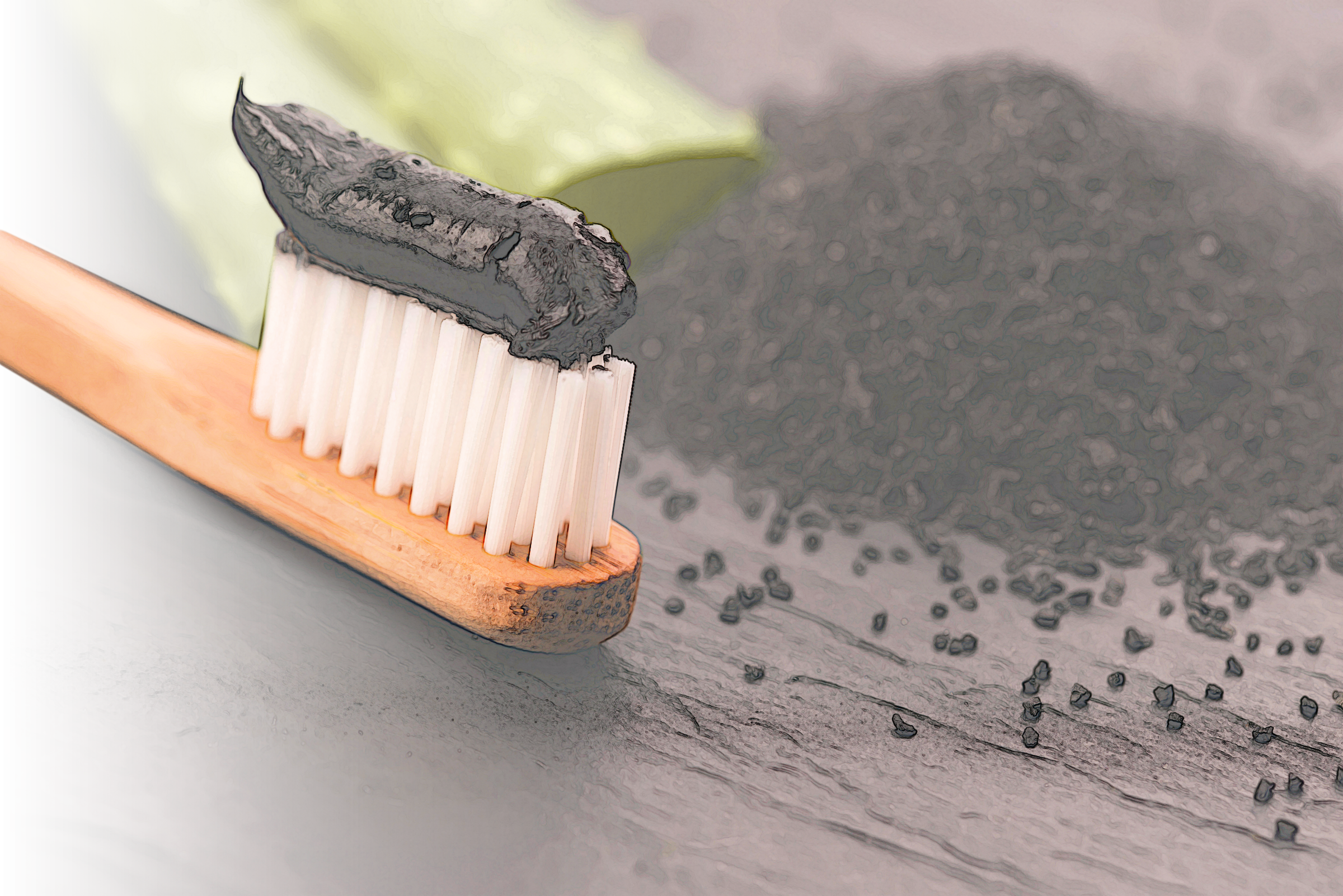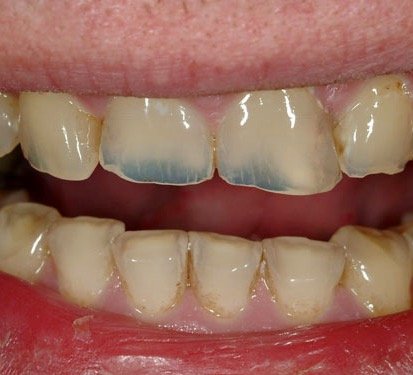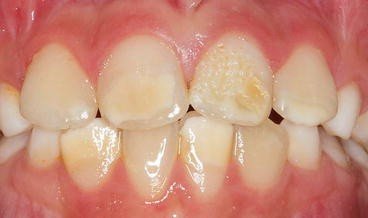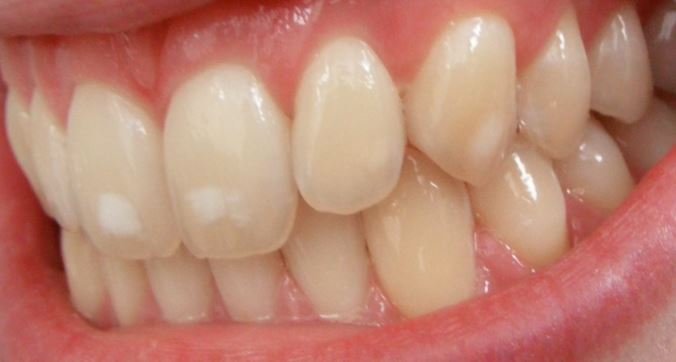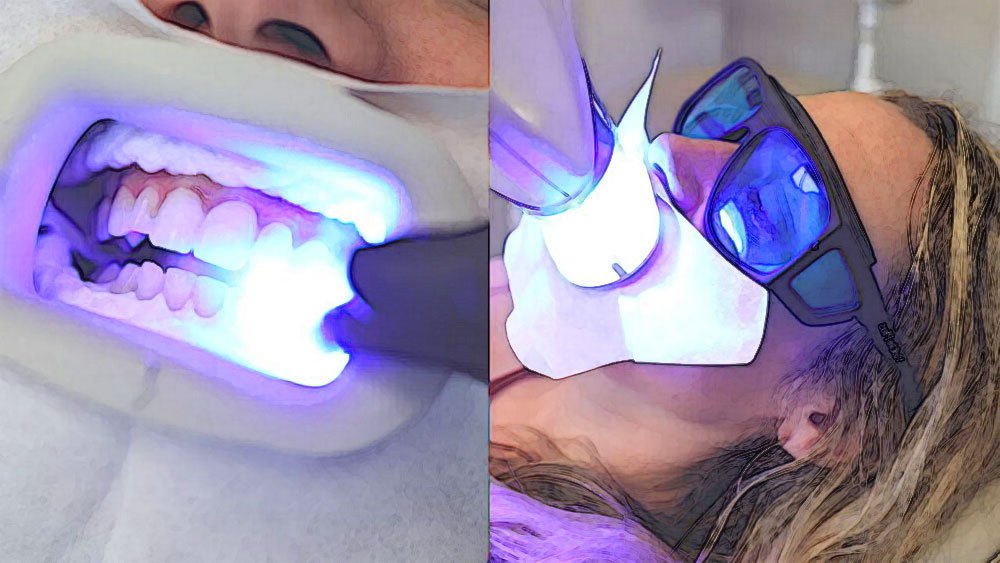Will Activated Charcoal Whiten My Teeth?
Answering Questions About the Popular Toothpaste Ingredient
There’s a new wellness ingredient that has been taking the world by storm: Activated Charcoal. Most commonly found in skincare products like face masks and other beauty products, charcoal has been toted as an all-natural way to achieve many things including a whiter smile.
Does this wonder ingredient actually whiten teeth? We dive into the popular trend and dispel the rumors surrounding its miraculous smile benefits.
What is ‘Activated Charcoal’ and How Does it Work?
Seemingly new to today’s beauty market, activated charcoal has a long history of use dating back to the ancient Romans and English working class of the 1800s. Created by burning carbon-rich materials such as bamboo, wood, coconut shells, olive pits, or coal, activated charcoal is porous like a sponge and is typically used to soak up substances like medication or poisons before it can be absorbed in the body.
In the past, it has been used in place of toothpaste and scrubs, but is this ingredient an effective tool for whitening teeth?
The Dangers of Using Charcoal Toothpaste
The short answer to this question is no, activated charcoal is not a good way to whitening your teeth. In fact, according to the Pharmaceutical Journal, there have been no scientific studies that have proven the advertised benefits of charcoal for teeth whitening.
What may first appear as whiter teeth can really be the first signs of enamel erosion. Charcoal is an incredibly abrasive material and its grittiness, though heralded as a surface stain remover, actually wears down the surface enamel of your teeth.
Signs of Enamel Erosion
Translucency • Rounded Edges • White Spots • Yellowing • Tooth Sensitivity
When continuously used, enamel (which acts as insulation against sensitivity brought on by hot and cold substances) is scrubbed away to reveal the soft layer of our teeth called ‘dentin.’ Yellow in color, dentin contains the nerves and blood vessels which, when exposed, lead to severe pain and discomfort. As our surface enamel is not a material that can grow back, the longer dentin is exposed, the more likely we are to developing cavities, tooth decay, and eventual tooth loss.
Best Way to Whiten Teeth
If you’re concerned about the color of your smile, one of the best proven methods of brightening teeth is with in-office dental whitening – one of the many cosmetic procedures we offer at Alexandria Smiles. Not only is this proven to be safe when performed by trained and qualified medical professionals, the procedure is quick and painless with impressive results.
Another safe (and natural) way to maintain a white smile is by avoiding foods and drinks that stain your teeth. Examples include coffee, cola, tea, red wines, and other dark-colored foods. Be sure not to smoke or use tobacco either, as these are also common causes for yellowing teeth.
The most important tip we have for a white smile is to maintain a regular dental hygiene routine. By brushing twice daily and flossing once a day, your teeth will stay healthy and your mouth will benefit greatly. Are you interested in brightening your teeth? Talk to us at your next appointment, and find out how we can transform your smile into one you’ll be proud of.
Other Articles You Might Enjoy….
More About the Teeth Whitening Process
Everyone wants a beautiful smile, but what’s the best way to get it? Everything you need to know about the myths, and truth, of whitening your teeth.
What’s the Best Toothpaste for Me?
Are you looking for the best toothpaste to help whiten your teeth? Whatever your problem, odds are there is a toothpaste on the market for it. Let’s talk toothpaste and how to choose the right one for your smile.
Why Are My Teeth So Sensitive?
If you’re suffering from tooth sensitivity, did you know that your gums could be the cause? We connect the dots between sensitive teeth and gum disease.

